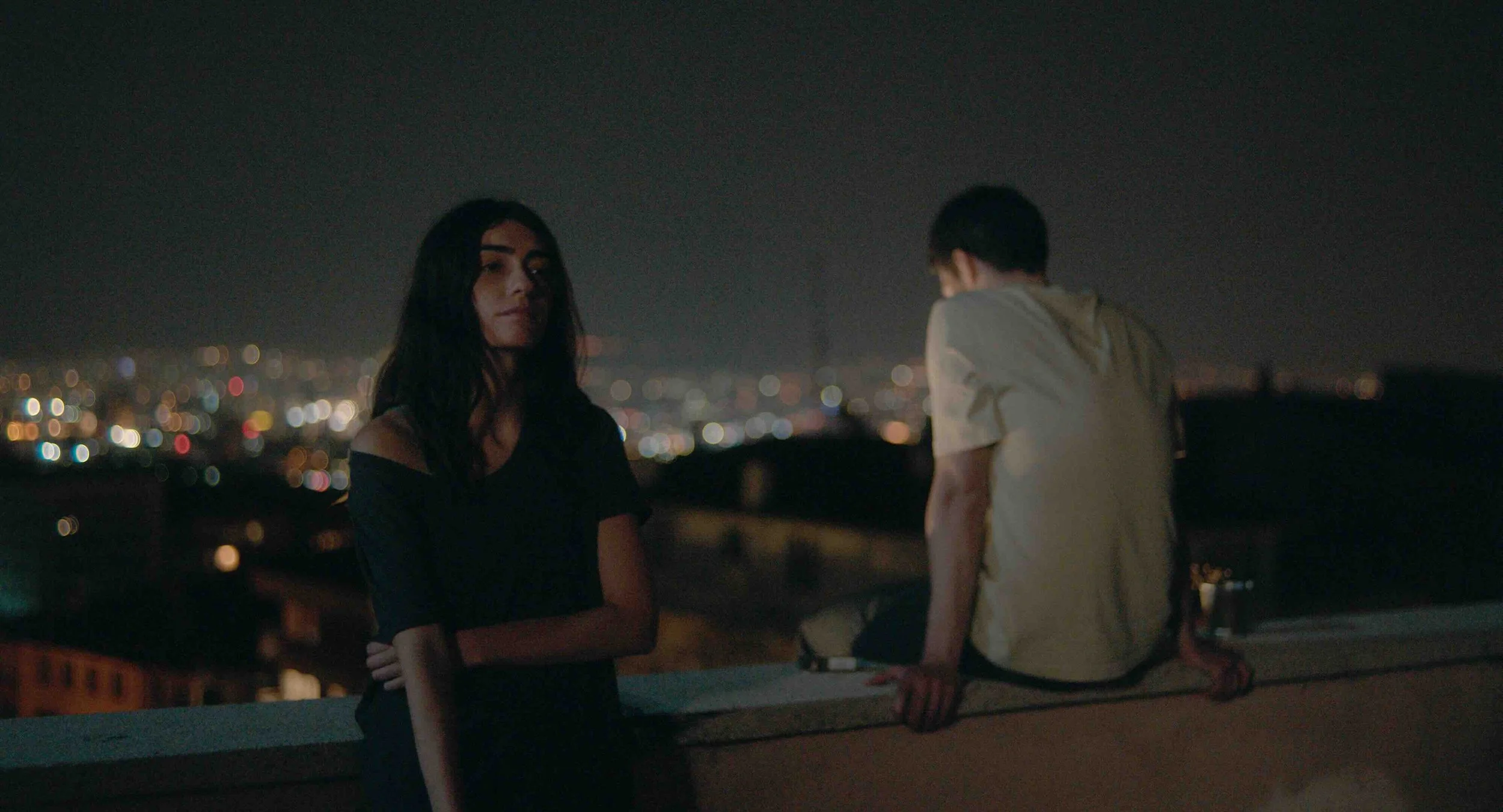“The Things You Kill” Asks if Resent is Learned
Canada’s submission to the 98th Academy Awards is Alireza Khatami’s Sundance-premiering The Things You Kill. The story takes place in Turkey and is primarily in Turkish, but the film speaks to a driving emotion that transcends national borders. At the end of the day, despite where we live and how we identify, there are certain emotions that connect all of us to our shared humanity. Perhaps one of the darkest connectors is the rage that comes from a desire for revenge.
Ali (Ekin Koç) is a Turkish-born university professor who left his home country to teach in the United States for many years. He has recently returned home with his wife, Hazar (Hazar Ergüçlü). Ali is growing increasingly concerned for his mother’s health and wellbeing at the hands of his father (Ercan Kesal). When his mother dies, Ali begins to question the circumstances surrounding her death. Could his father be responsible? What does it mean to believe your father is capable of murder? Ali calls upon a newly hired gardener (Erkan Kolçak Köstendil) to help him avenge his mother’s death.
courtesy of Best Friend Forever
“No one is resentful by nature,” says one of the film’s characters. Is anger taught? Do we have to learn how to be resentful from someone else? It’s these questions that are at the heart of The Things You Kill. Ali sees himself as a peaceful man who is a thoughtful professor, the antithesis to his violent, angry father. Yet when he’s suspicious of his mother’s death, Ali begins to question parts of himself he thought he knew so well. It’s a generational clash on display through a psychological-thriller script. Khatami cites David Lynch as an inspiration, and while not as esoteric as the late Lynch’s work, The Things You Kill is chock-full of symbolism that adds a secondary, even tertiary, layer to the overarching mystery. Also unlike Lynch, the symbols feel purposeful rather than meandering.
courtesy of Best Friend Forever
Another layer that contributes to the density of The Things You Kill is the power that comes from language. Ali is a professor of literature and talks with his students about translations. Language is a weapon. We’ve seen that throughout history. Continuing to speak a language is a political act, as is the way we translate words into another dialect. Information is powerful and language is a main means of passing along essential details. “Maybe the text becomes the scene of the crime.” In one of his classes, Ali tells his students that the Arabic root of “translate” can also be interpreted to mean “kill.” When we translate ourselves or our words, a part of the truth is inherently killed.
The Things We Kill is circuitous, the final shot ending in a dreamy way where the film began. The weight of what the audience has just seen is a hefty blanket that feels as stifling as the father-son relationship at the center of the film. We get the sense that, try as Ali might to deny it, he is his father’s son. That they are trapped in the same battle of toxic masculinity as their fathers before them, and that Ali will be with his child who’s on the way. Patriarchal societies are just as restrictive for men as they are for women, but men often refuse to see it that way. The Things We Kill is a morality play displayed through a slow burn of a revenge thriller that rewards those who are patient.
support your local film critic!
~
support your local film critic! ~
Beyond the Cinerama Dome is run by one perpetually tired film critic
and her anxious emotional support chihuahua named Frankie.
Your kind donation means Frankie doesn’t need to get a job…yet.
Follow me on BlueSky, Instagram, Letterboxd, YouTube, & Facebook. Check out Movies with My Dad, a new podcast recorded on the car ride home from the movies.


